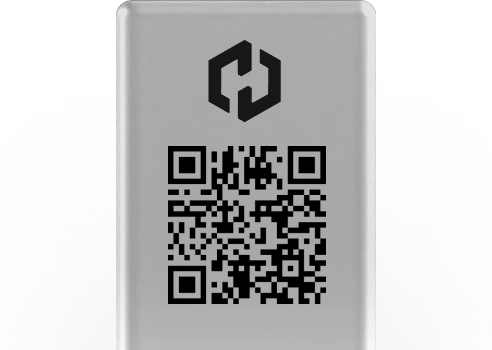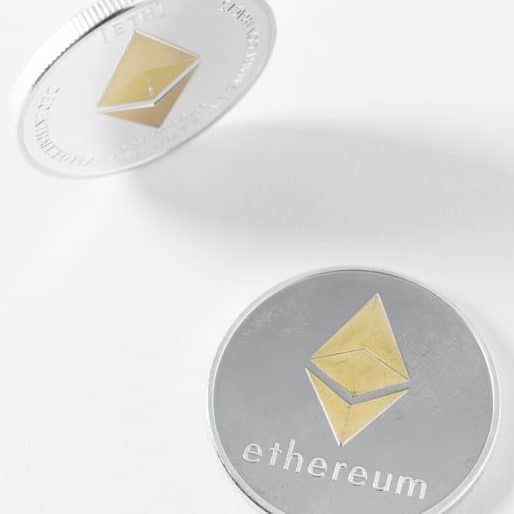Ethereum: What are its purposes?
The Ethereum blockchain is made fully programmable through the use of several specific languages, such as Solidity. This enables the development of modern applications that stand out in their decentralized nature and allows for a completely new economic landscape by enabling the reduction or removal of intermediaries who currently capture disproportionate value and own all user data.
These decentralized applications are composed of smart contracts. Smart contracts are coding scripts implemented and executed on top of the Ethereum platform. They enable predefined actions to take place in a safe and efficient way, between different actors, thanks to features inherently intrinsic to crypto-assets.
What really is Ether’s purpose?
Why the desire to build decentralized applications although we already have access to services like Whatsapp, Facebook, and Uber? Multiple elements answer this question.
To start with, decentralized applications remove the need for a central counterparty. In doing so, they restore the user as central ‘within the game’. Facebook, for instance, seems free to use. Facebook’s clients are firms and marketers. Despite user contribution and the value added to the platform, he or she is never financially rewarded.
Picture a decentralized Facebook in which no intermediary firm grasps user added value, but instead, the user himself is remunerated according to his or her activity. For instance, Steemit is a decentralized social media in which users are rewarded accordingly to their contribution, namely content published.
Ethereum was built to extend the blockchain concept with the ability to run trustless business logic (smart contracts). The fully programmable nature of the Ethereum smart contracts that are triggered automatically enables increased user simplicity in a rapid and efficient manner. Axa’s Fizzy, a smart insurance contract application that runs on the Ethereum platform exemplifies this. Through Fizzy, one subscribes to insurance simply by providing basic information like his or her flight number and name.
A plane arrival aggregator is calculated, referred to as Oracle, from which flight data and information are added to the smart contract. The smart contract stipulates and sets automated reimbursements for any delay above 2 hours, without having to go through the lengthy procedures that we encounter today.
Furthermore, any Ether transaction sent towards a smart contract is firmly captured by the later. Thus put in the context of auctions set by smart contracts, when selling, you are guaranteed of receiving your money once the auction date is achieved since the Ethers have already been collected. The participants that have failed the bidding auction are likewise, guaranteed of the return of their Ethers, which are instantly returned at the end of the auction. The only element of trust needed lies in the smart contract, available and stored in a transparent and shared database, protected from deletion, tampering, and revision.
These various examples exemplify the wide array of applications available to developers with regards to smart contracts and the countless opportunities associated with smart contracts. As we stand, it is almost impossible to envision the exact magnitude of aspects that smart contracts can and will penetrate. If one thing is sure, however, it is that smart contracts’ arm’s length is enormous and that they will hold an increasingly important impact in many fields.























